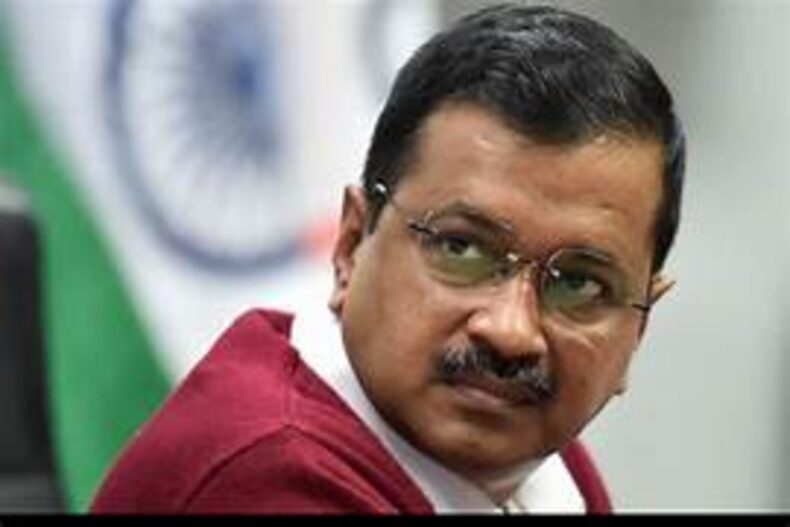In a recent development that has taken Indian politics by storm, the National Capital Territory (NCT) Bill has become the centre of heated debate in the Rajya Sabha. Delhi Chief Minister Arvind Kejriwal vehemently opposes the bill, seeing it as an attempt to gain control through what he calls the “chor darwaza” (thieves’ gate). The NCT Bill, which aims to redefine the powers and jurisdiction of the Delhi government, has caused a political storm, sparking discussions about federalism, state autonomy, and checks and balances. balance.
Arvind Kejriwal’s opposition to the NCT Bill is not just an ordinary political ploy but a fervent defence of the rights and autonomy of the Delhi government. The bill proposes to make the Deputy Governor (LG) the “government” of Delhi, giving more power to LG and reducing the role of the elected government. Kejriwal’s assertion that the move resembles an attempt to gain power through a “chor darwaza” underscores the intensity of his stance.
One of the main points of contention is jurisdiction over important administrative issues such as law and order and public services. Kejriwal and his Aam Aadmi Party (AAP) government have repeatedly emphasized the need for the elected government to have control over these areas to ensure effective governance. They argue that the people of Delhi have elected them to make decisions on these issues and that diluting their power undermines the principles of democracy and representation.

Meanwhile, supporters of the NCT bill argue that the changes are necessary to clarify the roles of the elected government and LG, as ambiguity over their respective powers has led to conflicts in the law. past. They argued that a clear demarcation of powers would lead to smoother governance and governance in the capital.
The broader debate surrounding the NCT bill delves into the concept of federalism and the delicate balance between central and state governments. Critics of the bill argue that it affects the federal structure by centralizing power and undermining the autonomy of the Delhi government. They see it as a step toward greater centralized control, potentially setting a precedent that could impact other countries.
The controversy raises questions about the dynamics between elected and appointed officials. Tensions between elected ministers and centrally appointed governors or deputy governors are a frequent issue in Indian politics. The provisions of the NCT bill, especially those relating to LG’s decision-making power, have rekindled this debate, with many advocating more cooperation and respect for the tenure of regulators. elected leaders.
To fully appreciate the implications of the NCT Bill, it is important to consider the broader context of Indian politics. The passage of the bill could have ramifications outside of Delhi, potentially affecting the power dynamics between the state government and the central government. Furthermore, it emphasizes the importance of open dialogue and consensus building among different levels of governance to ensure an efficient and responsive administration.
In conclusion, the NCT Bill controversy is far more than a mere legislative debate; it represents a clash of ideologies, principles, and visions for governance. Arvind Kejriwal’s impassioned opposition, labelling it as an attempt to snatch governance through a “chor darwaza,” reflects the intensity of the conflict. As the debate rages on, it’s essential for all stakeholders to find common ground that upholds the tenets of federalism, respects the autonomy of elected governments, and facilitates collaboration for the overall well-being of the people. The resolution of this issue will not only shape the future of governance in Delhi but also influence the broader landscape of Indian federalism.












